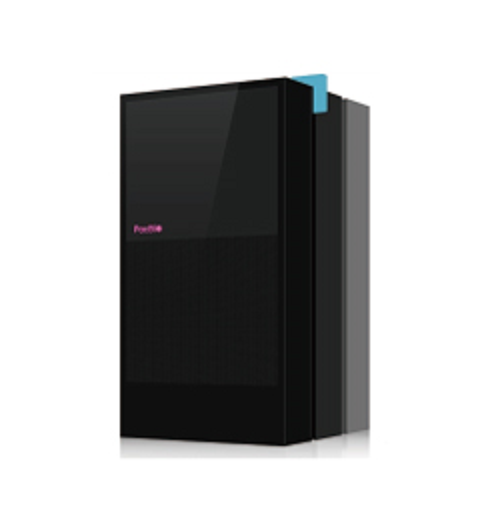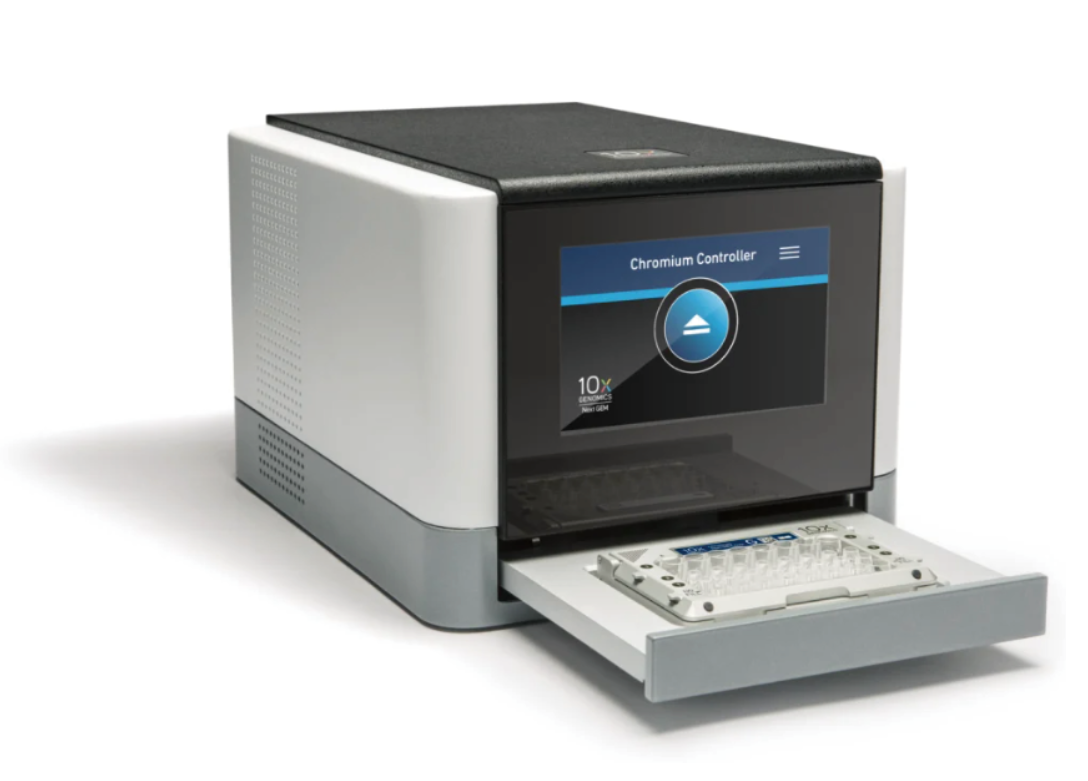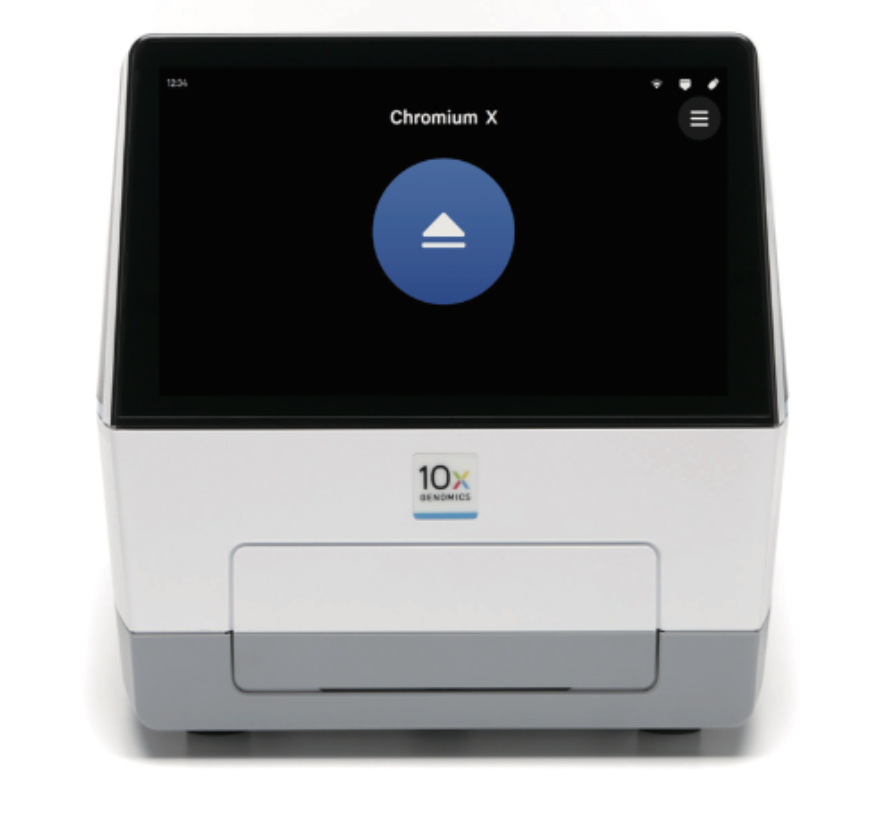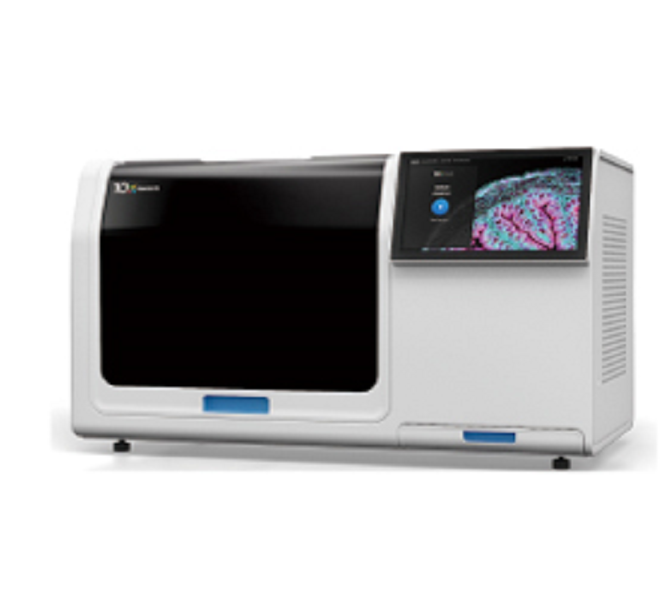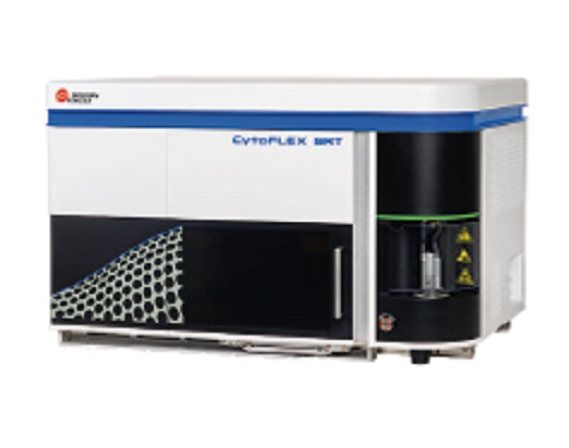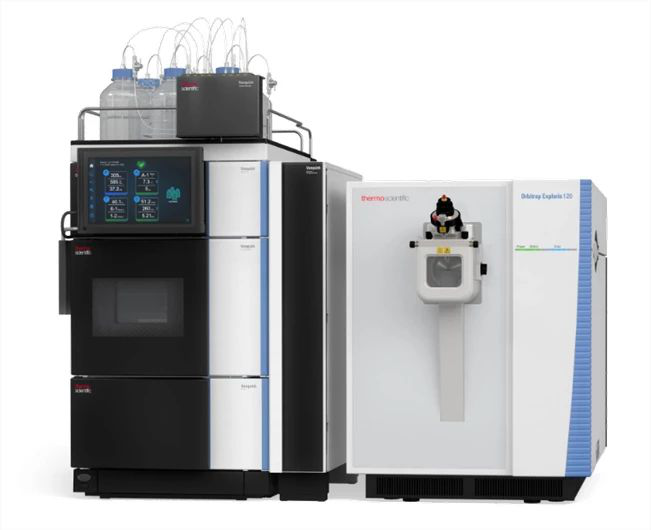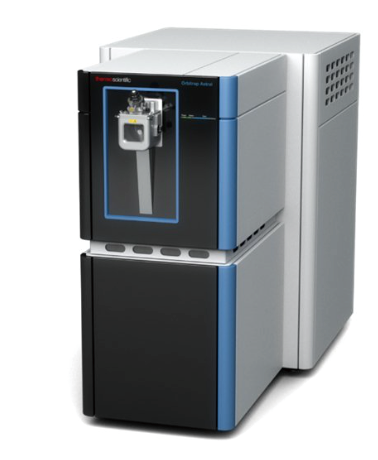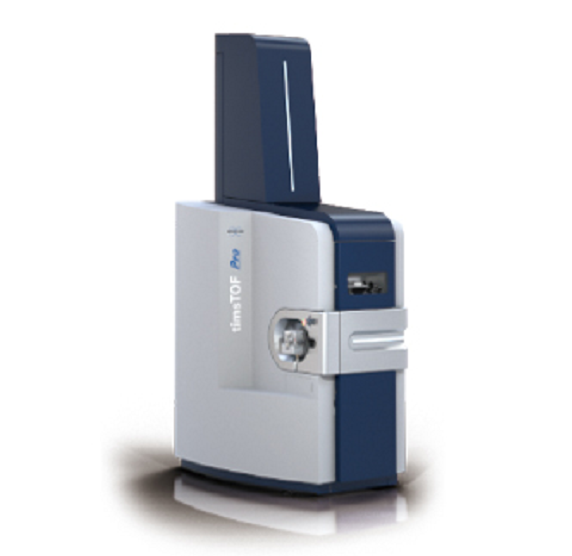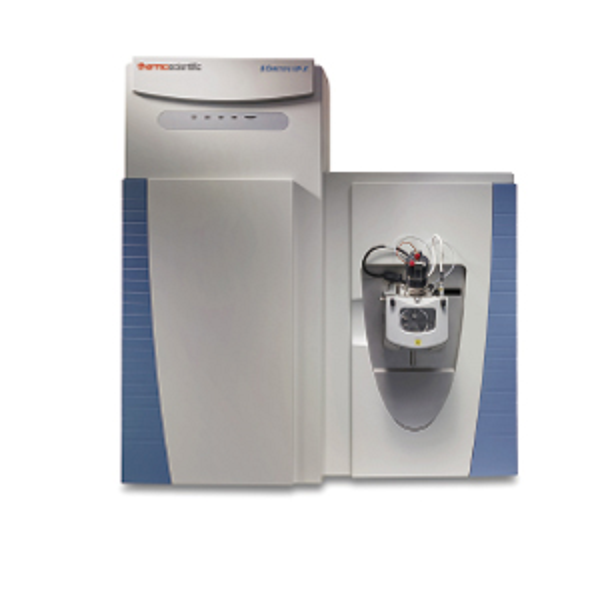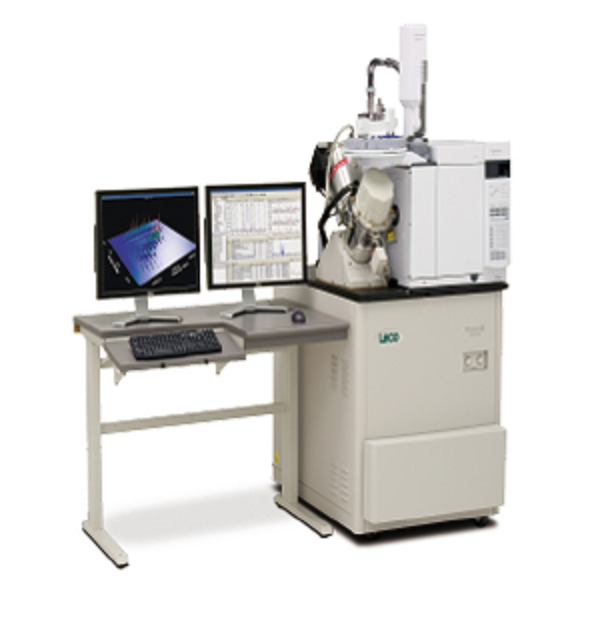Virophages are small parasitic double-stranded DNA (dsDNA) viruses of giant dsDNA viruses infecting unicellular eukaryotes. Except for a few isolated virophages characterized by parasitization mechanisms, features of virophages discovered in metagenomic data sets remain largely unknown. Here, the complete genomes of seven virophages (26.6 to 31.5 kbp) and four large DNA viruses (190.4 to 392.5 kbp) that coexist in the freshwater lake Dishui Lake, Shanghai, China, have been identified based on environmental metagenomic investigation. Both genomic and phylogenetic analyses indicate that Dishui Lake virophages (DSLVs) are closely related to each other and to other lake virophages, and Dishui Lake large DNA viruses are affiliated with the micro-green alga-infecting Prasinovirus of the Phycodnaviridae (named Dishui Lake phycodnaviruses [DSLPVs]) and protist (protozoan and alga)-infecting Mimiviridae (named Dishui Lake large alga virus [DSLLAV]). The DSLVs possess more genes with closer homology to that of large alga viruses than to that of giant protozoan viruses. Furthermore, the DSLVs are strongly associated with large green alga viruses, including DSLPV4 and DSLLAV1, based on codon usage as well as oligonucleotide frequency and correlation analyses. Surprisingly, a nonhomologous CRISPR-Cas like system is found in DSLLAV1, which appears to protect DSLLAV1 from the parasitization of DSLV5 and DSLV8. These results suggest that novel cell-virus-virophage (CVv) tripartite infection systems of green algae, large green alga virus (Phycodnaviridae- and Mimiviridae-related), and virophage exist in Dishui Lake, which will contribute to further deep investigations of the evolutionary interaction of virophages and large alga viruses as well as of the essential roles that the CVv plays in the ecology of algae.IMPORTANCE Virophages are small parasitizing viruses of large/giant viruses. To our knowledge, the few isolated virophages all parasitize giant protozoan viruses (Mimiviridae) for propagation and form a tripartite infection system with hosts, here named the cell-virus-virophage (CVv) system. However, the CVv system remains largely unknown in environmental metagenomic data sets. In this study, we systematically investigated the metagenomic data set from the freshwater lake Dishui Lake, Shanghai, China. Consequently, four novel large alga viruses and seven virophages were discovered to coexist in Dishui Lake. Surprisingly, a novel CVv tripartite infection system comprising green algae, large green alga viruses (Phycodnaviridae- and Mimiviridae-related), and virophages was identified based on genetic link, genomic signature, and CRISPR system analyses. Meanwhile, a nonhomologous CRISPR-like system was found in Dishui Lake large alga viruses, which appears to protect the virus host from the infection of Dishui Lake virophages (DSLVs). These findings are critical to give insight into the potential significance of CVv in global evolution and ecology.






